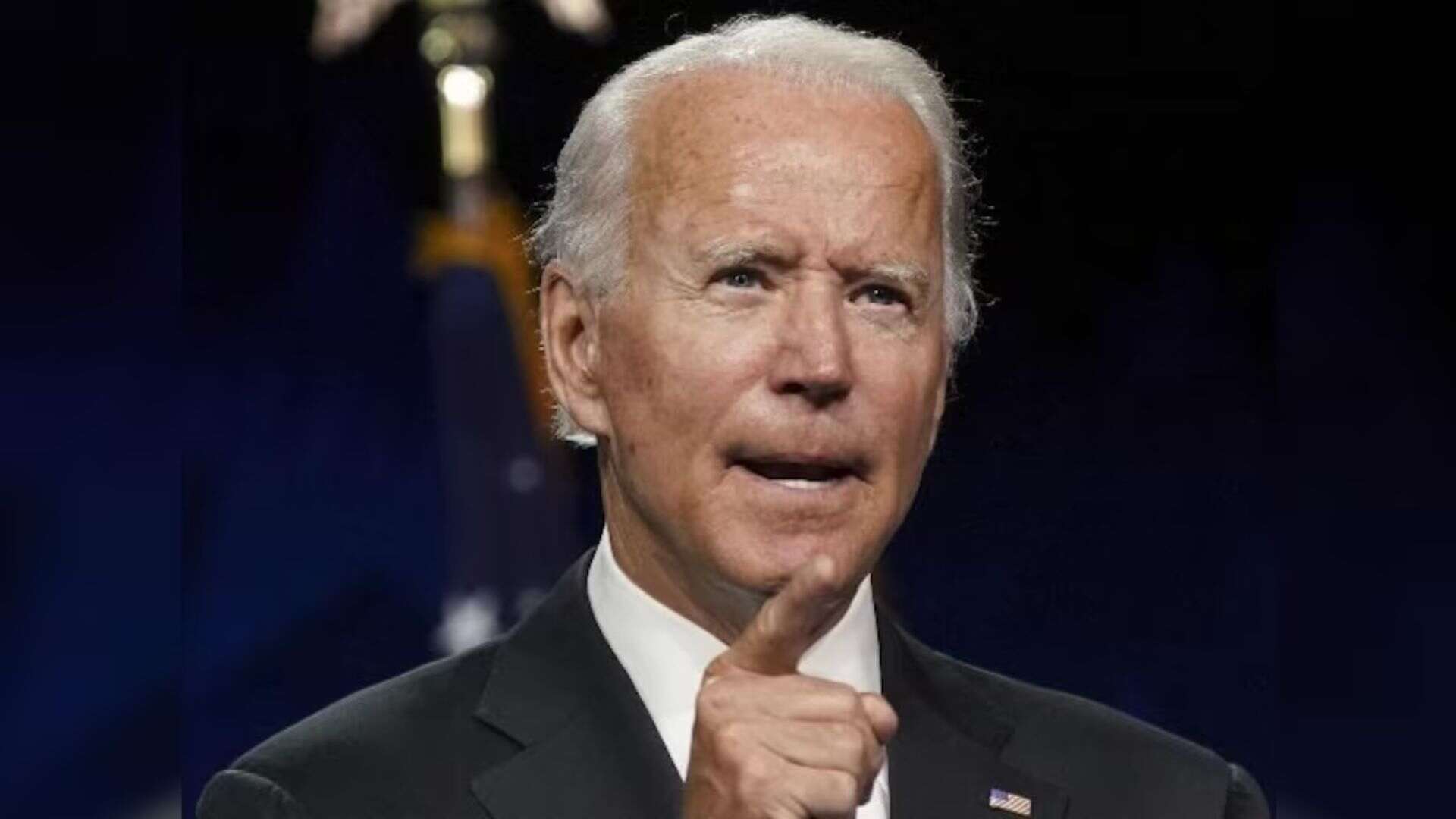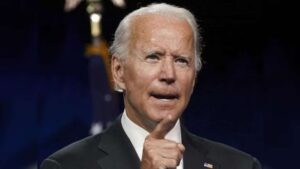US President Joe Biden on Thursday remarked that the economic challenges faced by India, China, Japan, and Russia stem from their “Xenophobic” attitudes, contrasting them with America’s growth fueled by its openness to immigrants.
During a Washington fundraising event for his re-election campaign, the President asserted that Japan, along with Russia and China, could improve their economic performance by adopting more immigration-friendly policies.
“You know, one of the reasons why our economy is growing is because of you and many others. Why? Because we welcome immigrants. We look to — the reason — look, think about it. Why is China stalling so badly economically? Why is Japan having trouble? Why is Russia? Why is India? Because they’re xenophobic. They don’t want immigrants,” Biden said.
“Immigrants is what makes us strong. Not a joke. That’s not hyperbole. Because we have an influx of workers who want to be here and just contribute,” he added.
Immigration stands as a divisive topic in US politics and is poised to be a significant factor in the upcoming November presidential election. Illegal border crossings have led to an average annual influx of around 2 million individuals since 2021, marking the highest level recorded to date.
Surveys indicate widespread public dissatisfaction with President Biden’s management of the surge, while former President Donald Trump, who also encountered criticism for his immigration strategies, is campaigning with pledges to toughen enforcement and deport millions of individuals.
According to The Washington Post, former President Trump’s opposition to the recently failed bipartisan border bill worth USD 118 billion, which linked border reforms to aid for Ukraine, persuaded numerous Republican lawmakers to reject the proposal. This stance has also severely undermined the prospects of enacting new legislation and implementing measures to alleviate illegal border crossings and alleviate pressure on cities grappling with overloaded shelters.
Following Biden’s assumption of office, illegal border crossings surged, notably after he swiftly reversed numerous restrictions implemented during the Trump administration. Despite this, Biden cautioned that immigration laws would still be enforced. Additionally, he temporarily retained a Trump-era pandemic policy called Title 42, enabling authorities to promptly expel individuals crossing the border.
Under President Biden, the number of individuals apprehended by the US Border Patrol has surged to the highest levels recorded in the agency’s century-long history, averaging around 2 million annually.
According to The Washington Post, during the initial days of President Biden’s administration, his team declared that the Title 42 policy would not be applied to turn away unaccompanied minors arriving without a parent or guardian. Almost immediately, there was a notable increase in their numbers, leading to images of crowded detention facilities, marking the administration’s first border emergency. Shortly thereafter, Biden tasked Vice President Harris with spearheading a new initiative aimed at tackling the “root causes” of Central American emigration.
Migrants hailing from countries such as Venezuela, Colombia, Peru, Senegal, Mauritania, as well as other nations across Africa, Europe, and Asia, are crossing into the US via Mexico in unprecedented numbers. Border Patrol data reveals significant increases, with 14,965 migrants from China arriving between October and December, compared to just 29 during the same period in 2020. Similarly, encounters with migrants from India surged to 9,518 during this three-month timeframe, up from 56 in 2020.












